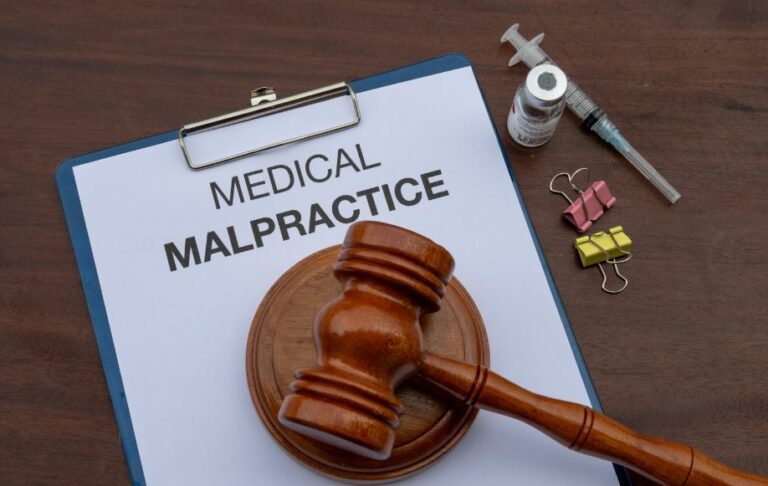Employers’ Liability Insurance
The majority of employers in the UK are required to purchase employers’ liability insurance to cover against liability for injury or disease to their employees arising from employment.
| England, Scotland and Wales |
Employers’ Liability (Compulsory Insurance) Act 1969
|
| Northern Ireland |
Employer’s Liability (Defective Equipment and Compulsory Insurance)(Northern Ireland) Order 1972
|
If employees are injured or become ill in the workplace and believe that the employer is responsible, they may try to claim compensation. This Act ensures that employers have a minimum level of insurance cover against such claims.
Who Must Have Employers’ Liability Insurance?
Every employer must have employers’ liability cover unless they fall within one of the following exceptions:
- Companies where the owner is the only employee.
- Family businesses where all employees are closely related to you
- Closely related means husband, wife, civil partner, father, mother, grandfather/mother, stepfather/mother, son, daughter, grandson/daughter, stepson/daughter, brother, sister or half-brother/sister.
- Note: Exception does not apply if family business is incorporated as a limited company.
- Most public organisations including government departments and agencies, local authorities, police authorities and nationalised industries.
- Health service bodies, including NHS trusts, health authorities and primary care trusts.
- Some organisations financed through public funds, such as passenger transport executives or magistrates’ courts committees.
Employers only need to have employers’ liability insurance for people who are employed under a contract of service or apprenticeship. This is judged by the nature of the relationship and the nature and degree of control that one has over the work someone does. Several factors include whether they work exclusively for the employer, supply their own equipment or is clearly in business for their own personal benefit.
Employers’ Liability Insurance Requirements
Each employer must be insured for a minimum of £5 million. However, this does not mean employers should not take out a bigger policy. Every employer should look at their risks and liabilities to decide whether they need additional cover.
Once an employer purchases employers’ liability cover, they will receive a certificate of insurance from the insurer. This certificate must clearly state the minimum level of cover provided and the companies covered by the policy. Employers must the display a copy of the certificate in a place where employees can easily read it or display the certificate electronically. Employers displaying the certificate electronically need to educate their employees on where and how to find the certificate.
While there is no legal requirement for employers to keep out-of-date certificates of insurance, employers are strongly advised to keep, as far as is possible, a complete record of their employers’ liability insurance. This is because some diseases can appear decades after exposure to their cause and former or current employees may decide to make a claim against their employer for the period they were exposed to the cause of their illness. Employers that fail to hold the necessary insurance details risk having to meet the costs of such claims themselves
Employers must purchase employers’ liability cover through an authorised insurer, meaning an individual or company working under the Financial Services and Markets Act 2000. The Financial Conduct Authority (FCA) maintains a register of authorised insurers that can be found here.
Conditions
Each employers’ liability policy will have an agreement between the employer and insurer about circumstances in which the insurer will pay compensation. However, in no circumstances can an insurer refuse to pay compensation purely because you, as the employer, failed to:
- Provide reasonable protection for your employees against injury or disease.
- Keep specified records or cannot provide the insurer with information from those records.
- Do something they told you not to do—for example, said it was your fault.
- Do something they told you to do—for example, report the incident.
- Meet any legal requirement connected with protection of your employees.
Despite these protections, if the insurer feels that the employer did not meet the legal responsibilities for the health and safety of their employees, the policy may allow the insurer to sue the employer for the cost of compensation.
Penalties
Compliance with employers’ liability insurance is governed by the Health and Safety Executive (HSE) and the Health and Safety Executive for Northern Ireland (HSENI). Inspectors periodically check that each employer has the minimum cover of £5 million. Employers can be fined up to £2,500 for each day that an employer is without suitable insurance and up to a £1,000 fine if the employer does not display the certificate of insurance or refuses to make it available to HSE inspectors.
For more information, click here.














